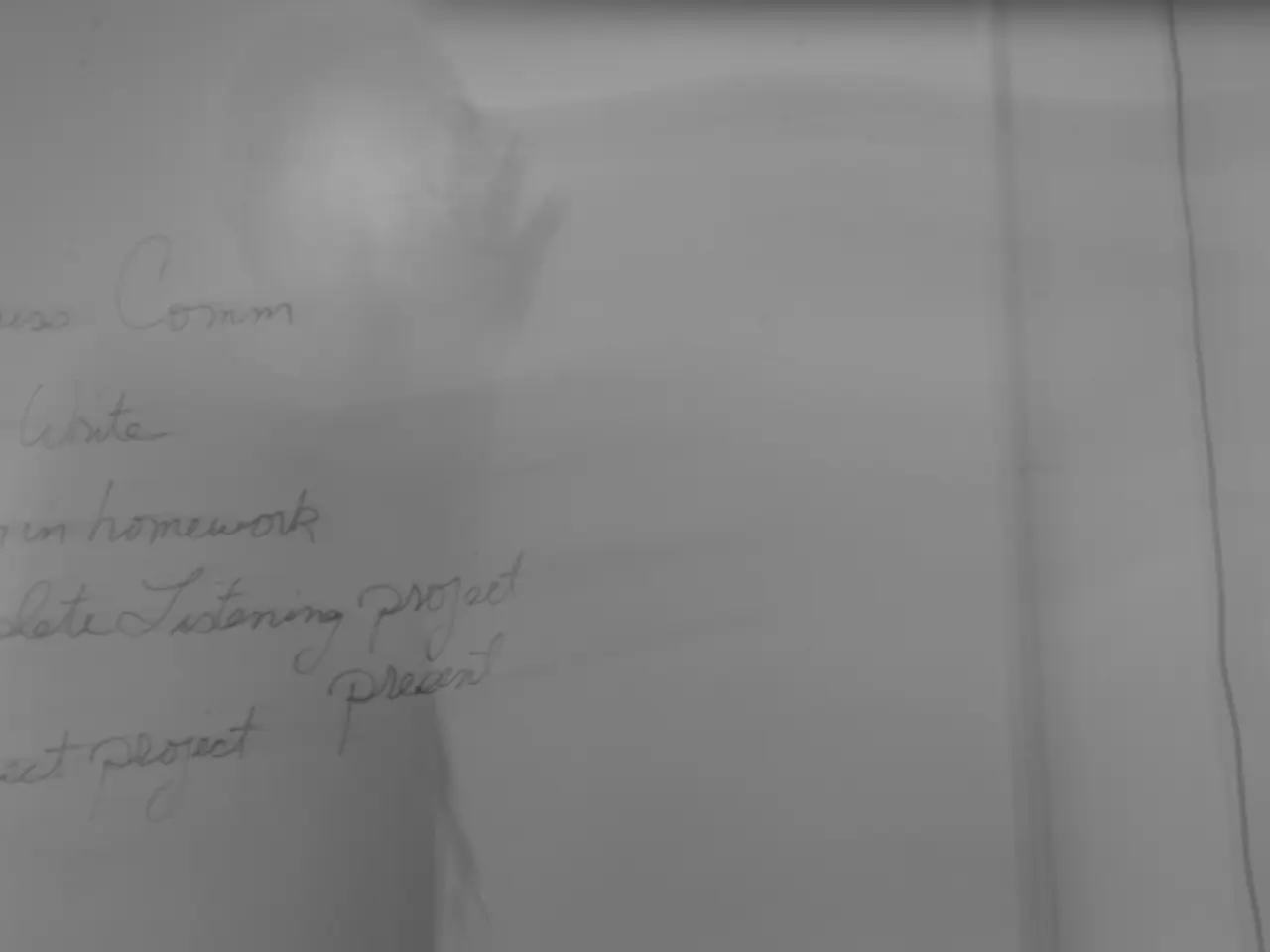Economic catastrophe feared by Trump if court invalidates tariffs
The Trump administration's trade policy has been marked by the significant and unprecedented use of the International Economic Emergency Powers Act (IEEPA) of 1977. This legal move has expanded the use of executive power beyond traditional financial and security measures, into active trade policy instruments during declared national emergencies.
Under IEEPA, the president can declare a national emergency and exercise broad powers over financial transactions and trade, including regulating imports and exports. The administration used IEEPA to justify imposing tariffs on imports from China, Mexico, and Canada[1].
Prior to this, IEEPA was mainly used to block foreign financial transactions or freeze assets, not to impose import tariffs. The closest precedent was President Nixon’s 1971 tariff imposition under the Trading with the Enemy Act, which IEEPA later amended in 1977[1].
The administration also relied on Section 301 of the Trade Act of 1974, empowering the U.S. Trade Representative to investigate unfair foreign trade practices and impose tariffs if these practices are confirmed. Section 301 provides a more common statutory basis for tariffs in trade enforcement[1].
However, the use of IEEPA for tariffs has raised debates about the scope of presidential emergency powers and congressional oversight, since the law requires the president to declare an emergency and submit regular reports to Congress. The unprecedented tariffs under IEEPA have implications for how future administrations might use emergency law to justify broad trade restrictions beyond established trade statutes, potentially challenging norms of U.S. trade law and international trade agreements[1][2].
The legal basis for the tariffs remains unsettled, as the 1977 law that empowers the president to impose trade embargoes and sanctions does not specifically mention tariffs. The administration lost the first round of arguments at the Court of International Trade regarding the legality of tariffs[1]. In response, the administration has appealed the decision and is seeking emergency relief at the Supreme Court.
Meanwhile, small businesses have sued the government, arguing that the president has other powers to achieve his trade goals, such as submitting agreements for congressional approval. The administration's arguments in favor of the tariffs have been criticized by some as seeking to advance the idea that the "ends justify the means."
The potential financial implications of an unfavorable court decision are significant. The U.S. government has generated about $152 billion in customs duties through July, according to the Treasury Department. If the administration is forced to refund billions of dollars in duties, it could potentially slip into an economic depression[1].
However, the administration's claims about the potential loss of tariff revenue and its impact on Social Security and Medicare have been disputed by many budget experts and economists. The tariff money does not directly affect Social Security and Medicare, as payroll taxes fund these entitlements, with Medicare receiving additional support through other sources, such as premiums[1].
In conclusion, the Trump administration's use of tariffs under IEEPA represents an assertive and novel legal approach, expanding executive emergency authority into areas traditionally governed by trade-specific laws. This has ongoing ramifications for the legal frameworks governing tariffs and the balance of trade authority between branches of the U.S. government[1][2].
References: [1] Sorkin, Andrew Ross. "The U.S. Is Using a 1977 Law to Justify Its Tariffs. Here’s What That Means." The New York Times, The New York Times, 26 Aug. 2018, www.nytimes.com/2018/08/26/business/trump-tariffs-ieepa.html. [2] "Trump Tariffs: What You Need to Know." NPR, NPR, 23 July 2018, www.npr.org/sections/thetwo-way/2018/07/23/631811828/trump-tariffs-what-you-need-to-know.
- The Trump administration's employment of the International Economic Emergency Powers Act (IEEPA) in imposing tariffs has sparked debates about the extent of executive emergency powers and congressional oversight.
- In the realm of general-news, the administration's assertive use of IEEPA in trade policy has implications for the future, potentially challenging norms of U.S. trade law and international trade agreements.
- Beyond the trade policy arena, the administration's reliance on IEEPA to justify tariffs has been criticized by some as seeking to advance the idea that the "ends justify the means."
- The controversy surrounding the administration's tariff impositions under IEEPA stretches into the crime-and-justice sector, with small businesses suing the government over the issue.




